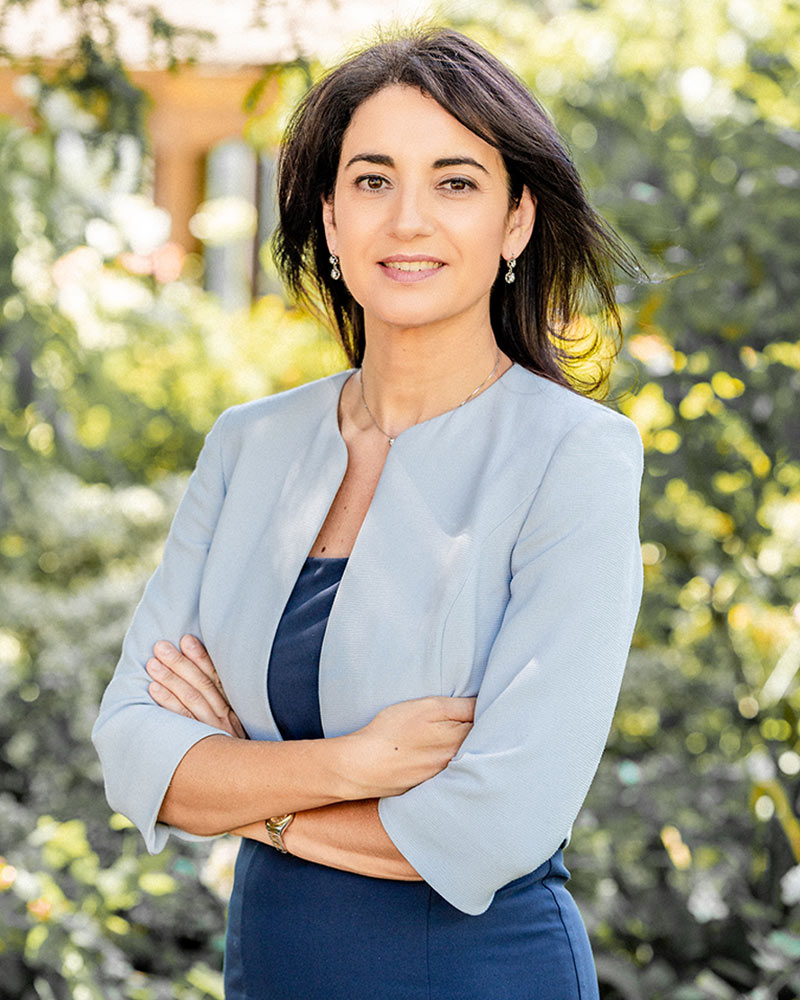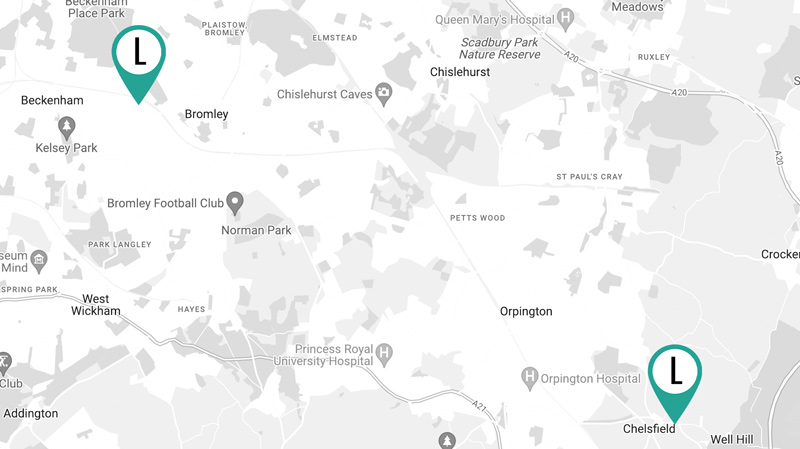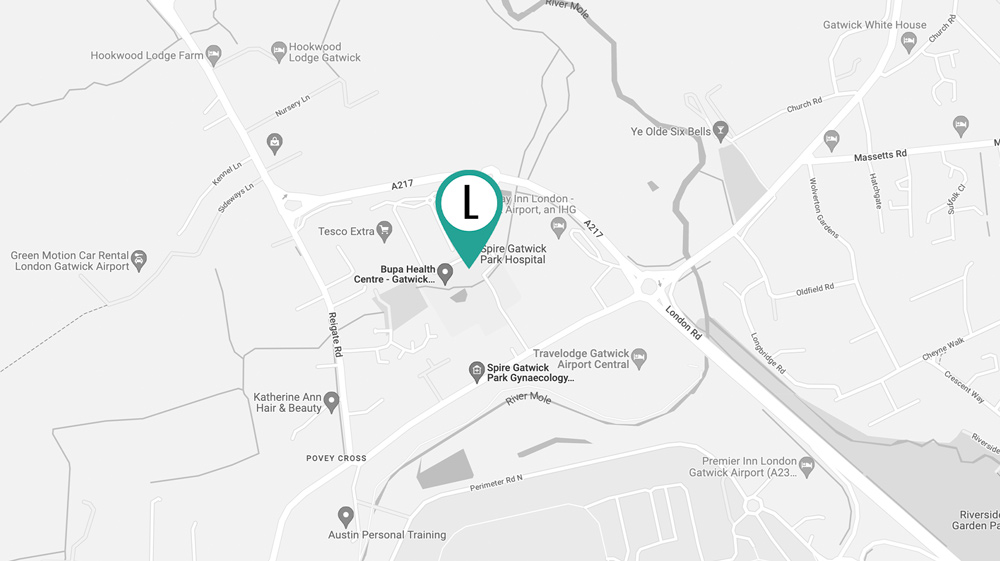
Understanding the progression: How long before cataracts cause blindness?
Cataracts are a natural part of the aging process, but they bring a critical question to mind: “How long does it take to go blind from cataracts?” This concern is understandable, and this blog will provide a clearer picture of the progression of cataracts and their impact on vision.
What Are cataracts?
Cataracts occur when the lens inside your eye, which is usually clear, becomes clouded. This cloudiness can lead to a decrease in vision and, if left untreated, may worsen over time.
The progression of cataracts
Cataracts typically develop slowly. In the early stages, you might not even notice any change in your vision. As cataracts grow, they can cause more noticeable symptoms. These include blurred vision, difficulty with night vision, and changes in how you see colors.
How long until cataracts lead to blindness?
One of the most pressing questions for many is, “How long does it take to go blind from cataracts?” It’s crucial to understand that this progression varies greatly among individuals. For some, it can take many years or even decades for cataracts to significantly impair vision to the point of severe visual impairment or blindness. Others may experience a quicker progression.
Factors influencing the progression
Several factors can influence the rate at which cataracts progress:
- Age: Cataracts are more common as we age.
- Medical conditions: Diabetes and other health conditions can accelerate cataract development.
- Lifestyle choices: Smoking and prolonged exposure to sunlight can hasten cataract growth.
- Genetic factors: Some people may be genetically predisposed to develop cataracts earlier or at a faster rate.
Preventing cataract-related blindness
The good news is that cataracts are one of the most treatable causes of vision loss and blindness. Regular eye exams can detect cataracts early. When cataracts begin to interfere significantly with your daily activities, cataract surgery, which involves replacing the cloudy lens with an artificial lens, can restore clear vision. This surgery is highly successful and is one of the most common procedures performed worldwide.
So, how long does it take to go blind from cataracts? There’s no one-size-fits-all answer. However, with regular eye care and timely treatment, the risk of blindness due to cataracts can be significantly reduced. If you suspect you have cataracts or are experiencing changes in your vision, consult your eye care professional. Early intervention is key to preserving your vision and quality of life.
Remember, cataracts are a normal part of ageing, but they don’t have to lead to blindness. Stay proactive about your eye health and ensure a clear vision for years to come. For more information about cataracts download our guide here.
Take the first step
Our life-changing treatments aren’t suitable for everyone.
The first step is to get our guide so you can find out how to avoid the biggest mistake people make when having cataract surgery
Our most popular procedures
What our patients say…
“I would like to thank you all for looking after me so well”
“Thank you and your team very much indeed for looking after me during my initial visit and the day of cataract surgery.”
“Excellent service from the reception staff to theatre staff & Dr G…fabulous great aftercare… thank you! I would highly recommend.”
We have replaced the images of real patients who provided these testimonials to protect their privacy.

Hello, I’m Lucia Pelosini MD, your eye surgeon in Surrey & Kent
My vision is to provide my patients with warm and personalised guidance through their cataract surgery journey from start to finish. I run a highly individualized service to treat discerning patients with presbyopia (aging eyes) and cataracts who want the best treatment and technology available.
Ms. Lucia Pelosini
Consultant Ophthalmic Surgeon,
MD, MRCSEd, FRCOphth, CertLRS





